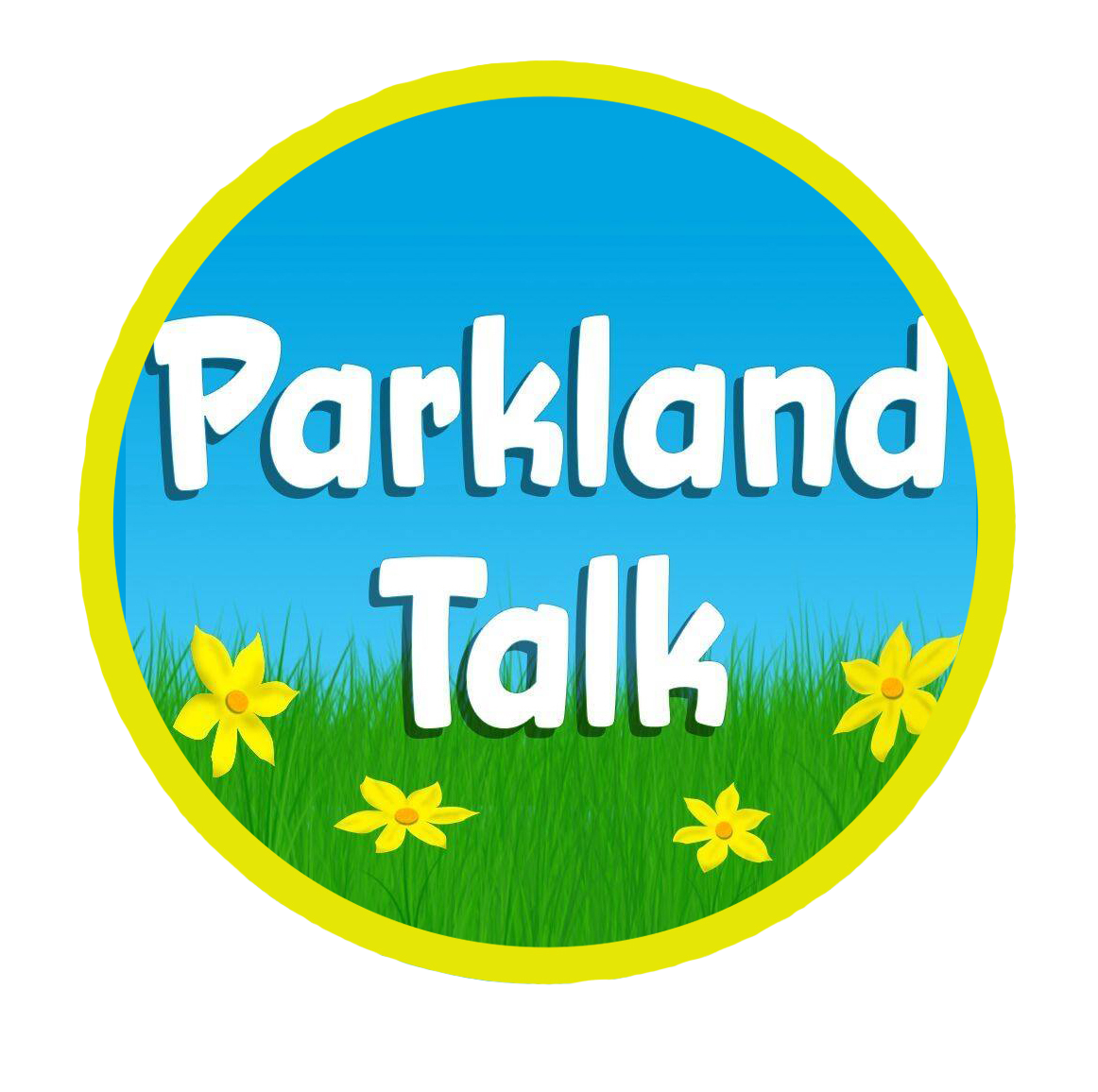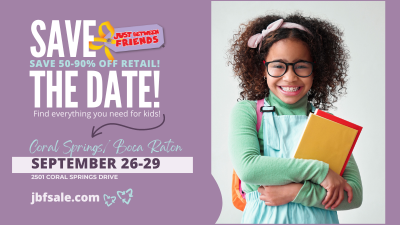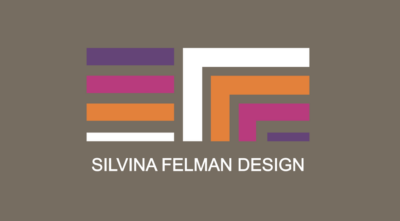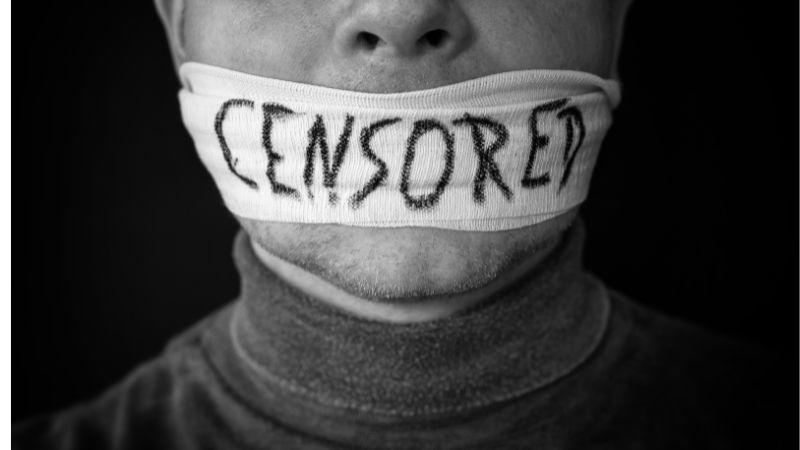
By Kevin Deutsch
Parkland is observing Banned Books Week by encouraging residents to visit the city library and grab a book targeted by censors.
On its official Facebook page, city officials said the annual event, which runs through Sept. 24, “spotlights current and historical attempts to censor books in libraries and schools…bringing together the entire book community in shared support of the freedom to seek and to express ideas, even those some consider unorthodox or unpopular.”
Todd DeAngelis, the spokesman for the city, said Parkland hopes to attract residents who don’t typically visit the library.
“While we don’t have official numbers on how many people might be coming into the Parkland Library because of our social media posts proclaiming “banned,” we always want to attract new visitors,” DeAngelis said. “Some of the better-known book titles that are [frequently targeted for bans] are The Grapes of Wrath, The Color Purple, To Kill a Mockingbird, The Adventures of Huckleberry Finn, Of Mice and Men, and The Catcher in the Rye.”
Banned Books Week is sponsored by a coalition of organizations dedicated to free expression, including the American Library Association, the American Society of Journalists and Authors, and PEN America. The event is endorsed by the Center for the Book in the Library of Congress.
“Be a rebel,” said DeAngelis, who characterized the city’s observance of the event as non-controversial. “Grab your library card, throw caution to the wind, and come into the Parkland Library to read.’’
According to PEN America’s Index of School Book Bans, 2,532 instances of individual books being banned were recorded by news organizations from July 2021 to June 2022. Bans occurred in 138 school districts in 32 states. These districts represent 5,049 schools with a combined enrollment of nearly four million students.
This year’s Banned Books Week comes amid efforts by Gov. Ron DeSantis and Florida education officials to crack down on lesson plans, books, and learning materials involving instruction related to gender, race, racism, and LGBTQ issues. Multiple state laws have been passed as part of their efforts.
The Parental Rights in Education act, dubbed the “Don’t Say Gay” law by critics, bans teacher instruction of gender-related issues in grades K-3. Those issues have never been taught in those grades, but the law goes further by allowing instructors only to teach “age-appropriate” lessons on gender-related topics after third grade.
A second state law, which took effect in July, created a mandatory mechanism for parents to register complaints about books and other instructional materials in schools and to petition local school districts to ban those materials.
The law also creates new requirements for selecting instructional materials by districts and legally compels districts to hold public meetings on what learning materials are to be used in schools.
A third law signed by DeSantis, dubbed the Stop WOKE Act, bans teaching “Critical Race Theory” in K-12 schools and legally bars businesses from conducting certain types of diversity and inclusion training.
The law describes Critical Race Theory as “the theory that racism is not merely the product of prejudice, but that racism is embedded in American society and its legal systems in order to uphold the supremacy of white persons.”
“Instruction may not utilize material from the 1619 Project”–a series of articles on racism and slavery published by the New York Times—” and may not define American history as something other than the creation of a new nation based largely on universal principles stated in the Declaration of Independence.”
A fourth new law signed by DeSantis targets Florida’s public universities, which boast some of the state’s largest and most diverse book collections.
The law requires annual surveys to assess “intellectual freedom and viewpoint diversity” to determine “the extent to which competing ideas and perspectives are presented” and whether students and professors “feel free to express their beliefs and viewpoints on campus and in the classroom.”
School districts and universities across the state, including South Florida, have said they are reviewing school library books and instructional materials to comply with the new laws.
Critics have decried the laws as anti-democratic censorship at odds with American constitutional freedoms.
Send your news to Parkland’s #1 Award-Winning News Source, Parkland Talk. Don’t miss reading Coral Springs Talk, Margate Talk, and Tamarac Talk.
Author Profile
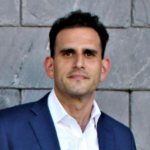
Related
 NewsNovember 12, 2024Parkland, Coral Springs Officials Cut Deal as Part of Plan to Build Fitness Club
NewsNovember 12, 2024Parkland, Coral Springs Officials Cut Deal as Part of Plan to Build Fitness Club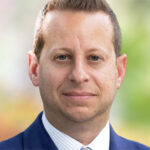 NewsNovember 8, 2024Potential Plot to Assassinate Rep. Jared Moskowitz Uncovered in Margate; Suspect With Rifle Arrested
NewsNovember 8, 2024Potential Plot to Assassinate Rep. Jared Moskowitz Uncovered in Margate; Suspect With Rifle Arrested NewsNovember 3, 2024Parkland Motorcyclist Dies After Being Struck by Car
NewsNovember 3, 2024Parkland Motorcyclist Dies After Being Struck by Car NewsOctober 31, 2024‘Florida Stands With Israel’ License Plate Design to Hit Roads in Early 2025
NewsOctober 31, 2024‘Florida Stands With Israel’ License Plate Design to Hit Roads in Early 2025
